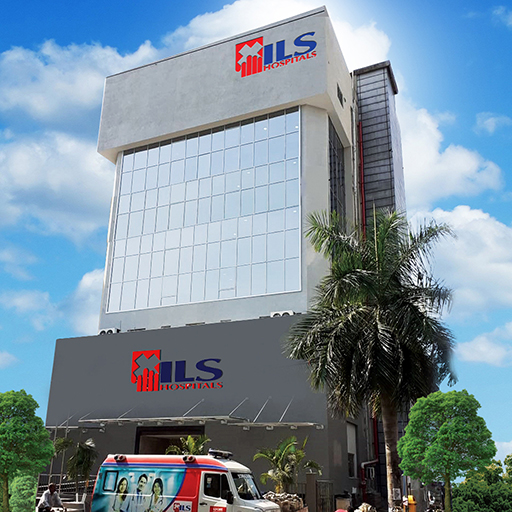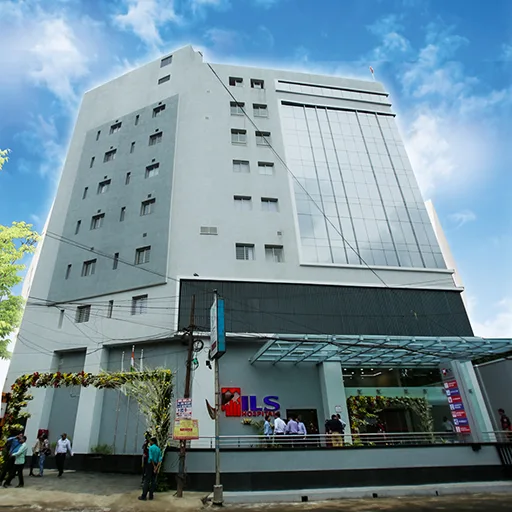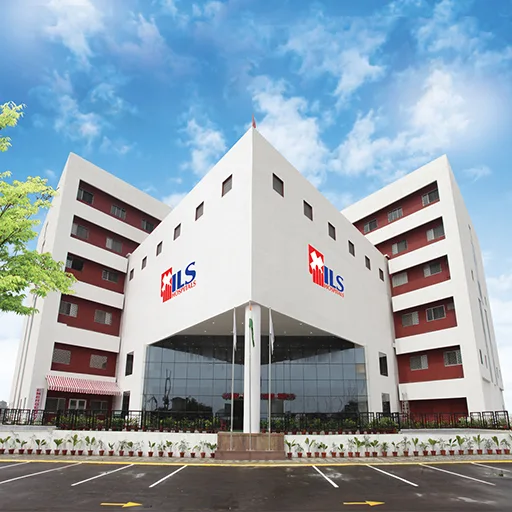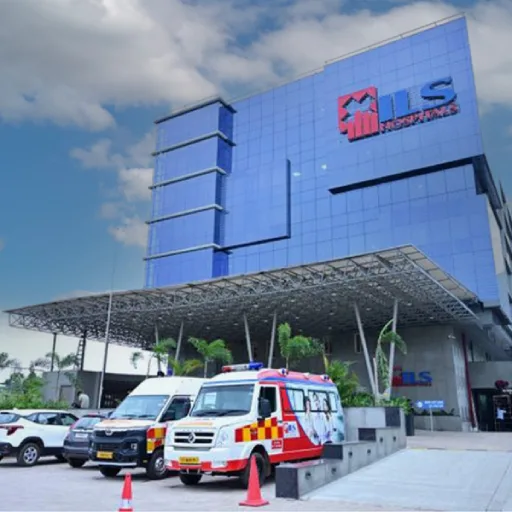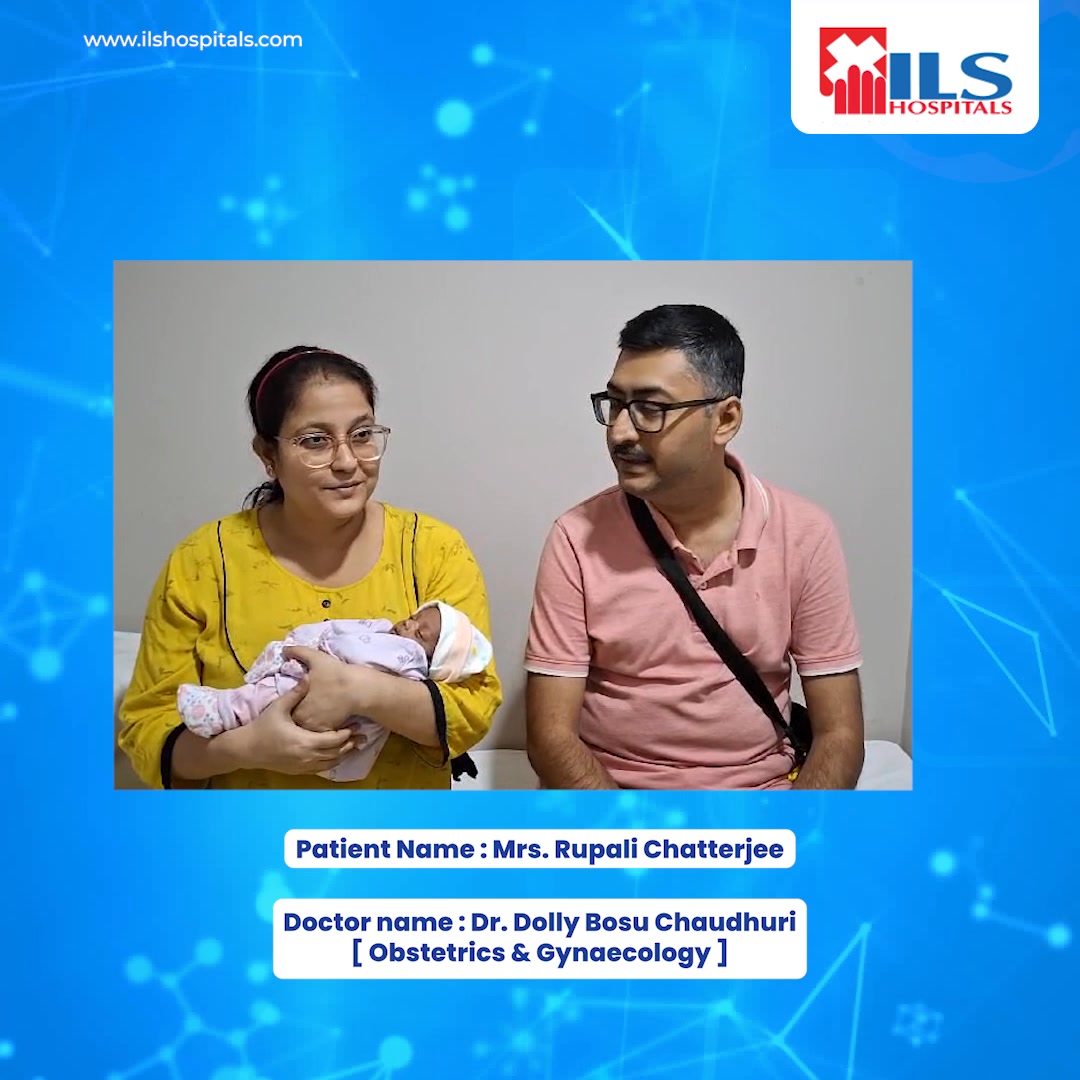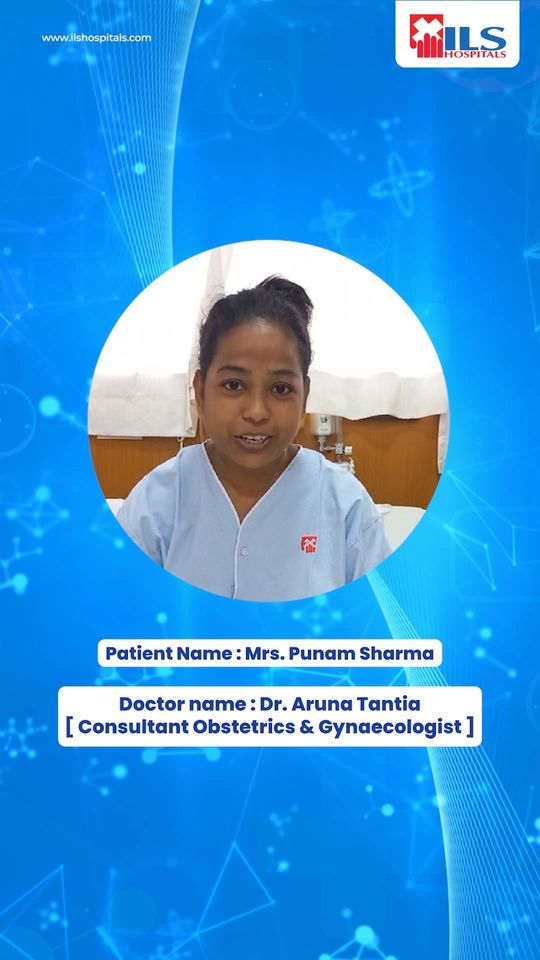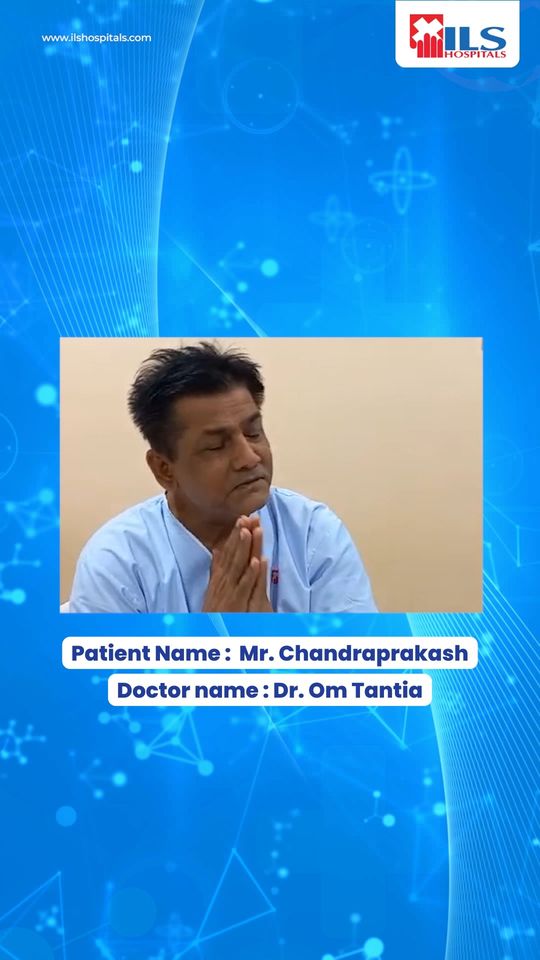Empowering Neurological Diagnostics with EEG, EMG, and NCV at ILS Hospitals
In the ever-evolving landscape of neurological healthcare, ILS Hospitals takes pride in offering state-of-the-art diagnostic procedures to comprehensively assess and manage neurological conditions. Among these, Electroencephalogram (EEG), Electromyogram (EMG), and Nerve Conduction Velocity (NCV) stand out as pivotal tools for accurate diagnosis and treatment planning. Let’s explore these advanced neurology diagnostic procedures and their significance at ILS Hospitals.
Electroencephalogram (EEG):
Understanding EEG: An EEG is a non-invasive diagnostic test that records electrical activity in the brain. It is a valuable tool for evaluating and diagnosing various neurological conditions, including epilepsy, seizures, and sleep disorders.
Diagnostic Significance:
- Epilepsy and Seizure Disorders: EEG helps identify abnormal brain wave patterns associated with epilepsy and seizure disorders, aiding in diagnosis and treatment planning.
- Sleep Disorders: Evaluation of sleep patterns and identification of abnormalities in brain activity during different sleep stages.
- Brain Tumours and Lesions: EEG may provide insights into abnormal brain activity caused by tumours or lesions.
- Altered Consciousness: Assessing brain wave patterns in patients with altered consciousness or unexplained episodes.
Electromyogram (EMG):
Understanding EMG: EMG is a diagnostic procedure that assesses the electrical activity of muscles and the nerves controlling them. It is instrumental in diagnosing neuromuscular disorders and identifying the source of muscle or nerve-related symptoms.
Diagnostic Significance:
- Neuromuscular Disorders: EMG helps diagnose conditions such as muscular dystrophy, myasthenia gravis, and peripheral neuropathy.
- Nerve Compression: Identifying nerve compression conditions like carpal tunnel syndrome.
- Motor Neuron Diseases: Assessing conditions affecting motor neurons, such as amyotrophic lateral sclerosis (ALS).
- Muscle Disorders: Evaluating muscle function and detecting disorders like myopathy.
Nerve Conduction Velocity (NCV):
Understanding NCV: NCV is a diagnostic test that measures the speed at which electrical impulses travel through the nerves. It is used to assess nerve damage and identify the underlying causes of symptoms such as numbness and tingling.
Diagnostic Significance:
- Peripheral Neuropathy: NCV helps diagnose and evaluate conditions causing damage to peripheral nerves.
- Carpal Tunnel Syndrome: Assessing nerve function in conditions like carpal tunnel syndrome.
- Radiculopathy: Identifying nerve root compression and related disorders.
- Guillain-Barré Syndrome: Evaluating nerve damage in conditions such as Guillain-Barré syndrome.
Why Choose ILS Hospitals for EEG, EMG, and NCV?
- Expert Neurologists: ILS Hospitals houses a team of experienced and skilled neurologists proficient in conducting and interpreting EEG, EMG, and NCV tests.
- State-of-the-Art Diagnostic Facilities: Our hospitals are equipped with advanced EEG, EMG, and NCV technology, ensuring accurate and reliable results.
- Comprehensive Neurological Care: From diagnostics to treatment, ILS Hospitals provides comprehensive neurological care, ensuring a seamless continuum for patients.
- Patient-Centric Approach: Patient comfort, safety, and well-being are our top priorities. We strive to create a supportive and compassionate environment for individuals undergoing neurological diagnostic procedures.
At ILS Hospitals, we believe in harnessing the power of advanced diagnostic tools to empower precise diagnosis and effective management of neurological conditions. EEG, EMG, and NCV play pivotal roles in our commitment to providing exceptional neurological healthcare, contributing to the well-being of our community.



